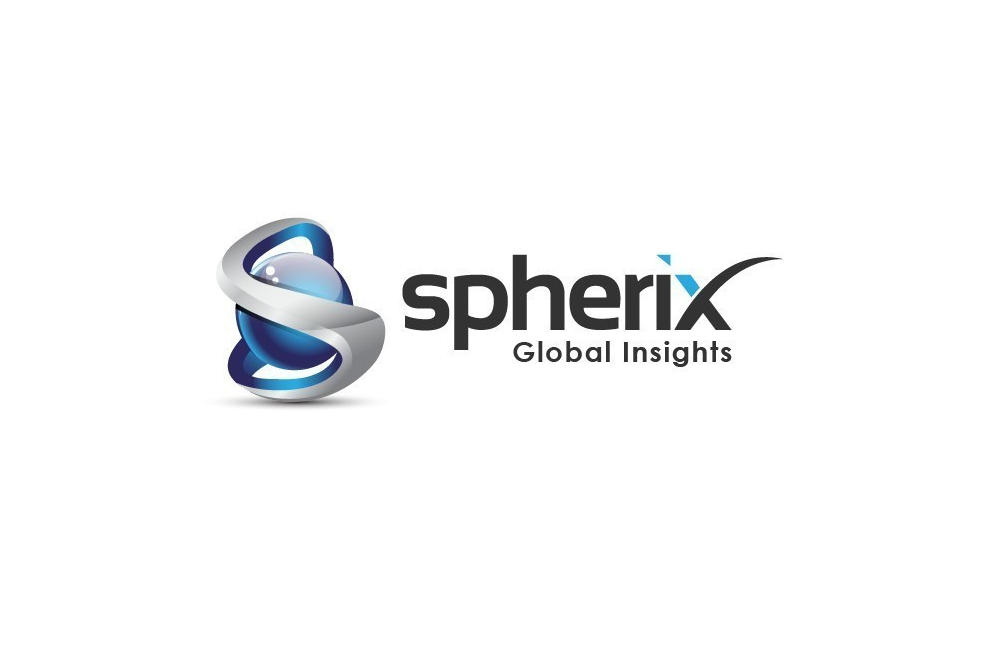
Spherix Global Insights issued the following announcement on Oct. 29.
Spherix recently surveyed 103 US gastroenterologists and followed up with ten qualitative interviews (including two with industry key opinion leaders) in order to assess the current and future treatment paradigm of eosinophilic esophagitis (EoE) patients. This new Market Dynamix™ service focusing on EoE was introduced after the disease was consistently identified by surveyed gastroenterologists in parallel Spherix services as having a growing patient population and an extremely high unmet need in treatment options. The combination of qualitative and quantitative research included in the Market Dynamix™ service evaluates, in detail, the etiology of the condition, diagnostic and treatment trends, and reaction to potential therapies in development.
The report estimates that each gastroenterologist treats around 50 to 60 EoE patients per year. Furthermore, part of an in-depth assessment of those patients identifies that about one in five are triggered with symptoms by dairy products, while an equal percent experience symptoms due to ingestion of wheat-based products. However, a sizable portion of EoE patients are estimated to have an unknown etiology for their symptoms.
This variability in EoE triggers was a common theme across many other aspects of diagnosis and treatments assessed. For example, the report also identifies the most important factors influencing current EoE treatment decisions. While the two efficacy attributes of EoE symptom reduction and efficacy in treating the cause of EoE were the most influential factors in gastroenterologists' decision-making process, those attributes also reflect the dichotomy of addressing EoE.
Specifically, patient symptoms, such as dysphagia and the sensation of food being stuck in the esophagus, are the primary focus of gastroenterologists treating the condition. However, these physicians also seek to address the eosinophils causing the fibrosis-centered symptoms in the first place. The dual nature of treating EoE effectively poses a significant challenge to physicians.
When asked to assess their overall satisfaction with all treatments currently utilized (off-label) for EoE, physicians were mostly neutral and did not strongly favor one over the other. It is clear from the results that gastroenterologists are looking for something more advanced to treat their patients.
Fortunately, there are several therapies in clinical development to treat EoE, and the prospects for these therapies were also analyzed in the report. After assessing awareness and familiarity with each pipeline asset, physicians were asked to review product descriptions based on publicly available clinical information for each product. The therapies that were evaluated varied from new patient-friendly formulations of existing corticosteroids to advanced therapies and biologics, including:
- APT-1011 (Adare Pharmaceuticals)
- TAK-721 (Takeda)
- Dupilumab (Sanofi/Regeneron)
- Brazikumab (AstraZeneca)
- Antolimab (Allakos)
About Market Dynamix™
Market Dynamix™ is an independent service providing analysis of markets anticipated to experience a paradigm shift within the next three to five years. Insights highlight market size, current treatment approaches, unmet needs, and expert opinions on the likely disruption introduced by pipeline agents.
About Spherix Global Insights
Spherix Global Insights is a hyper-focused market intelligence firm that leverages our own independent data and expertise to provide strategic guidance, so biopharma stakeholders make decisions with confidence. We specialize in select immunology, nephrology, and neurology markets.
All company, brand or product names in this document are trademarks of their respective holders.
Original source can be found here.




